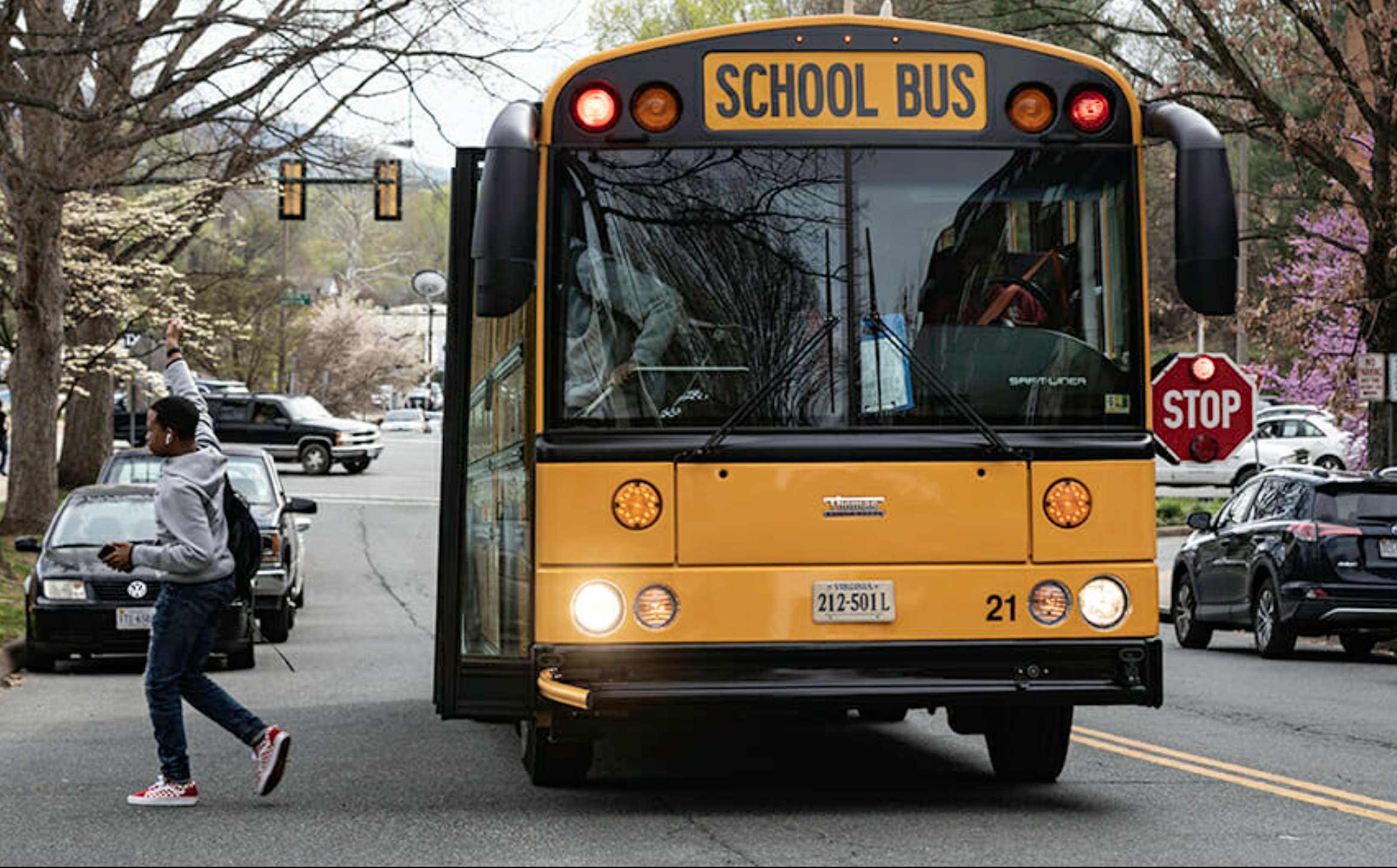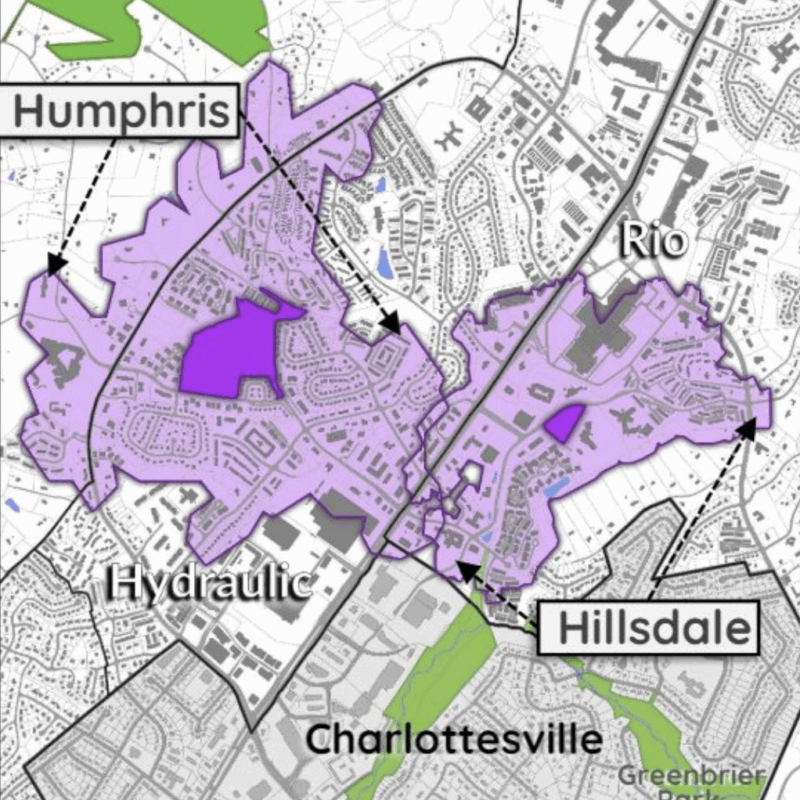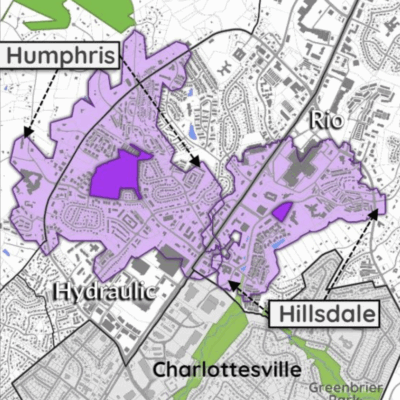For decades, local governments were prohibited from allowing their employees to unionize in Virginia. Since the General Assembly lifted this ban last year, Charlottesville’s firefighters, bus drivers, and teachers have urged City Council to pass an ordinance allowing collective bargaining for city employees. Though the councilors adopted a resolution last summer allowing former city manager Chip Boyles to draft an ordinance, Boyles’ resignation brought the process to a halt last fall. Frustrated with a lack of action, the Amalgamated Transit Union—representing Charlottesville Area Transit employees—proposed an ordinance to council in October.
Last week, council unanimously rejected the ATU ordinance, citing the city’s lack of research and preparation on the topic. Instead, councilors voted to allocate $625,000 to hire a consultant to draft a collective bargaining agreement in collaboration with city leadership.
Unlike other states, Virginia has yet to set up a statewide labor relations entity, which could provide guidance to municipalities as they draft collective bargaining ordinances, stressed Interim City Manager Michael Rogers. So far, only the City of Alexandria and Loudoun County have passed such ordinances.
“We are faced with the challenge of stepping forward without the pathway being clearly defined,” said Rogers. “We need some time here to put the infrastructure in place, so we can step out on our best foot and move forward with a collective bargaining infrastructure that will be beneficial to the employees, their representation, and to the city.”
Mayor Lloyd Snook reminded CAT employees that their ordinance would not get thrown “in the trash can,” and would be used as a framework.
“I’m not in a position to say if this ordinance that’s been proposed to us is a good ordinance or bad ordinance—but it is something that folks who do know this sort of stuff would look at and say, ‘let’s consider that along with some other ideas,’” said Snook.
The city plans to hire a consultant within 45 days. The consultant will aim to bring “a workable framework” to council in 90 days, said Rogers.
Council will formally approve the allocation at its next meeting. In the coming weeks, Rogers will also propose his FY23 budget, which will include funding for additional collective bargaining staff.
In addition, councilors discussed bus drivers’ request to hold meetings inside CAT facilities during non-working hours. CAT Director Garland Williams told the drivers they needed permission from the city to do that, explained ATU representative John Ertl during public comment.
Rogers suggested the city wait to respond to that request until it has “established this collective bargaining structure.” However, “we could make some accommodation for employees to meet off site—not at the worksite—to discuss among themselves what they need,” he said.
Meanwhile, local teachers are ramping up their collective bargaining efforts. Charlottesville organizers have talked with the majority of licensed professional staff in the district about unionizing, and plan to launch a union authorization card campaign this month. They hope to have enough support to get the city school board to pass a collective bargaining resolution before summer break, according to Charlottesville Education Association President Jessica Taylor.
In Albemarle County, teachers and staff have already started signing authorization cards, and have overall shown “a lot of great support so far at pretty much every site” for the union fight, says Albemarle Education Association President Vernon Liechti.
“We want to make sure that people who are on the frontlines are able to help our elected bodies make these jobs better,” adds Liechti.






